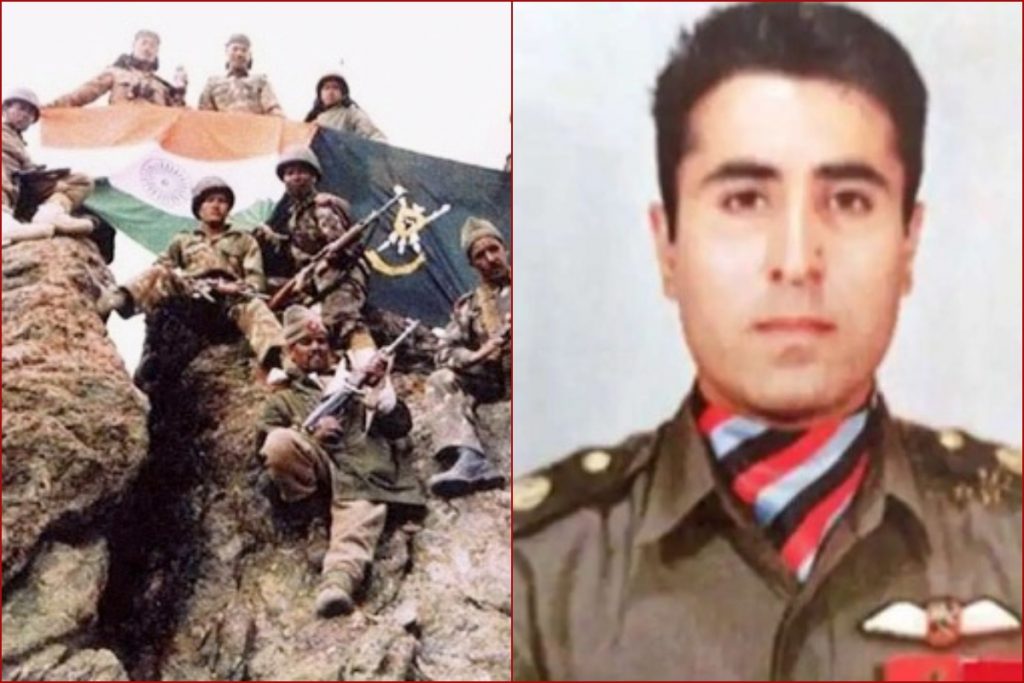New Delhi: An overbearing 23 years have passed since the Kargil War between India and Pakistan ended, and one hero named Vikram among many laid his life for the determination and obligation towards his country.
Those familiar with ‘Shershah’ of the Kargil War do remember Captain Vikram Batra as the legend who lead a small life in terms of years, and big enough with regards to courage, valour, love and unconditional devotion towards his motherland.
Here’s a look at the life of Captain Batra on his death anniversary:
Vikram and his twin brother Vishal were born to a Palampur resident GL Batra on September 9, 1974, in Himachal Pradesh. His mother had deep reverence in spiritual text Ramcharitmanas and hence she named her sons Luv and Kush. Luv later became Vikram and Kush became Vishal.
Vikram was born and brought up as any other middle-class child, and had immense interest in donning the prestigious uniform of the Indian Army.
During his under-graduation course at the Punjab University in 1996, he attempted Civil Defense (CDS) examination and dropped out of college to join the Indian Military Academy.
On completion of his training in December 1997, he was appointed as a lieutenant in the 13 Jammu and Kashmir Rifles of the Army and received his first posting in Sopore, Jammu.
The very next year, Batra opted to go to Madhya Pradesh for a five months Young Officers Course at the Infantry School, afte which he was awarded alpha grading and was re-inducted into his battalion in J&K. He further took several trainings in 1999 along with Indian Army’s commando training.
Batra had come to his home town on a leave during Holi festival when the unexpected Kargil War was forced onto India by neighbouring Pakistan. Vikram paid visits to his best friends and fiancée Dimple Cheema, promising them as told by one of his friends that “I might return after waving the tricolor in Kargil or being wrapped in it, but I will definitely return back”.
Captain Batra’s contingent got the responsibility of freeing the most important peak 5140 from the Pak army, just above the Srinagar-Leh road. Leading the squad at the forefront, he attacked the enemy fearlessly.
Despite being a high risk area, Batra along with his companions captured the peak in just half a day. When Captain Vikram Batra had to call out his victory annals through the radio from this peak, he said, ‘Dil Mange Mor‘.
Captain Vikram and his troop were later entrusted with the responsibility to capture Point 4875 Peak in the war, where Batra killed five enemy soldiers at point blank range in a fierce face-to-face fight.
Though, he came under the sniper target and was seriously injured. In the war, he accomplished an almost impossible task by being at the forefront.
He did not even care for his life and completed this operation amidst heavy fire from the enemy side. Captain Batra laid down his life after being badly heavily injured in the battle.
For his extra-ordinary valour on the battle ground, the Government of India posthumously awarded the Param Vir Chakra, the highest and most prestigious award, to Captain Vikram Batra.

